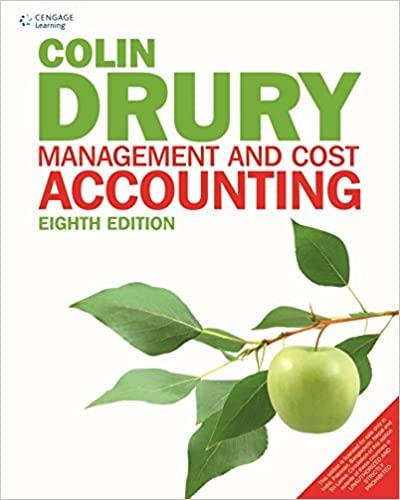Media reports often mention how businesses have to absorb increasing input costs, which cannot be passed on
Question:
Media reports often mention how businesses have to absorb increasing input costs, which cannot be passed on to their customers or end consumers. While these may be fixed or variable costs, the term ‘absorb’ as used in these reports means that the product costs are increasing, but profit margins are made tighter. One regularly mentioned example is increasing oil and energy costs. Take oil as an example. All firms in the transportation sector – airlines, bus companies, rail operators – are facing rising fuel costs. In January 2011, Brent Crude Oil cost approximately \($95\) per barrel.
By early March this had risen to almost \($117\) per barrel, due in part to unrest in some North African and Middle Eastern countries. As most developed economies were still in the throes of an economic downturn, the transport sector could not raise prices to cover the increasing fuel costs and has had to absorb the increases. According to FlightGlobal, an aviation sector website, there is not much airlines can do in the short term against rising costs. Many of the larger airlines such as Air France, British Airways and Lufthansa use strategic hedging to keep fuel costs as stable as possible.
Others, like Ryanair, use amore tactical approach to hedging which means they only hedge when fuel prices are rising. This may mean a less stable fuel price, or even losses, if prices fall again. Either way, as fuel prices seem to be on an upward trend it would seem likely than some of the increase will be borne by airlines and other transport companies.
Questions
1 Would you consider airline fuel costs as a fixed or variable cost?
2 Other than economic recession, what might prevent a business from passing cost increases on to customers?
Step by Step Answer:






